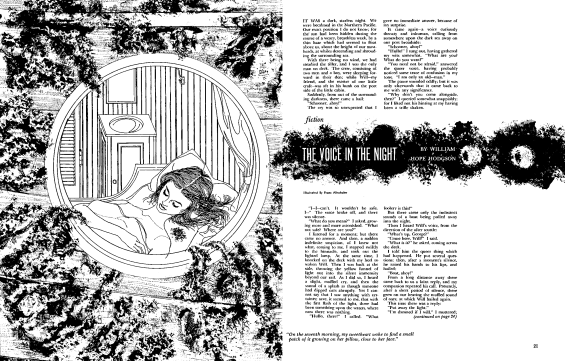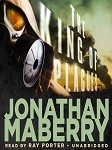
 The SFFaudio Podcast #171 – Jesse, Tamahome, Jenny, Julie Hoverson, and Matthew Sanborn Smith talk about the latest NEW RELEASES and RECENT ARRIVALS in audiobooks and paperbooks.
The SFFaudio Podcast #171 – Jesse, Tamahome, Jenny, Julie Hoverson, and Matthew Sanborn Smith talk about the latest NEW RELEASES and RECENT ARRIVALS in audiobooks and paperbooks.
Talked about on today’s show:
Matt is sorry, audiobooks and paperbooks, The Mongoliad (Book 1) by Greg Bear, Neal Stephenson, Mark Teppo, Erik Bear, Joseph Brassey, Cooper Moo, E.D. deBirmingham, Luke Daniels, Brilliance Audio, “speculative history”, shared worlds, Jenny appreciates the effort, Mongolian food yum!, Genghis Kahn And The Making Of The Modern World by Jack Weatherford, swordplay, Blackbirds by Chuck Wendig, Angry Robot Books, “our hirsute friend”, “Clyde Bruckman’s Final Repose“, Peter Boyle, The X-Files, “I’m on team more please”, Counter Clock World by Philip K. Dick |READ OUR REVIEW|, Your Appointment Will Be Yesterday, “The librarians have all the power and they use it for evil.”, Red Dwarf, Backwards, WWII in reverse, time’s arrow, South Park, Dreadnaught: The Lost Fleet: Beyond The Frontier by Jack Campbell, military SF, Steve Gibson (of Security Now), “Gratuitous Space Battles”, Battlestar Galactica, Star Wars, Battleship, Shadow Blizzard by Alexey Pehov’s website, D&D style action, George R.R. Martin, Shadow Prowler, is there a Russian Goodreads?, Luke Burrage, The Scar, The Hot Gate by John Ringo, Baen Books, Sword & Laser, Omega Point (A Richards And Klein Investigation) by Guy Haley, an angry AI, The Steel Remains by Richard K. Morgan, “don’t poke the nerds”, Farmer In The Sky by Robert A. Heinlein, collective tractor problems, Tunnel In The Sky by Robert A. Heinlein, Silent Running, bringing earth from Earth, Nick Podehl, “solar operas”, The Number Of The Beast by Robert A. Heinlein, a bloaty book, Sliders, lawyer world is our world, bickering about who is in charge, “sensual”, The Number Of The Beast Wikipedia entry, Amidala is Ozma?, Space: 1889, The Year’s Top Ten Tales Of Science Fiction: Volume 4 edited by Allan Kaster, After The Apocalypse by Maureen F. McHugh, Charles Stross, Robert Reed, Kiss The Dead by Laurell K. Hamilton, noir, Anne Rice, PUBLIC SERVICE ANNOUNCEMENT (email Jenny if you’re an audiobook reviewer in search of audiobooks to review), Thursday Next, Jasper Fforde, Hamlet, The Unwritten, Recorded Books, One Of Our Thursdays Is Missing by Jasper Fforde, Shadow Of Night by Deborah Harkness, a Martian day, Moon War by Ben Bova, the “Grand Tour” series, Kim Stanley Robinson, mowing the lawn while audiobooking, The Chaperone by Laura Moriarty, Downton Abbey, Cranford, The Orphanmaster by Jean Zimmerman, The Secret Pilgrim by John le Carré, A Perfect Spy by John le Carré, Michael Jayston, AuralNoir.com (SFFaudio’s long forgotten clone), “it’s about ideas”, John le Carré as a narrator, Rogue Male by Geoffrey Household, James Bond, Sherlock Holmes, Penguin Audio, Potboiler by Jesse Kellerman, Breaking Bad, a surreal chain of events, Kirby Heyborne, Homeland by Cory Doctorow, Eric S. Rabkin’s Coursera Course: Fantasy and Science Fiction: The Human Mind, Our Modern World, Night Watch by Linda Fairstein, A Game Of Thrones food, when is Winter coming?, Barbara Rosenblat, It’s The Middle Class Stupid by James Carville and Stan Greenberg, is that a speech impediment or an accent?, I Hate Everyone … Starting With Me by Joan Rivers, “You’re not the gay son I wanted.”, Suck It, Wonder Woman: The Misadventures Of A Hollywood Geek by Olivia Munn and Mac Montandon |READ OUR REVIEW|, The Newsroom, Attack Of The Show, Michael Caine, audio biographies, My Life by Bill Clinton, Bossypants by Tina Fey, 30 Rock, SecondWorld by Jeremy Robinson, On The Beach by Nevil Shute, Phil Gigante, The Stainless Steel Rat, Fatherland, Kop Killer by Warren Hammond, wife wife wife, Spider Play by Lee Killough, Beware the Hairy Mango, 19 Nocturne Boulevard, Fatal Girl (anime audio drama), internal consistency, is anime a genre?, Hayao Miyazaki, Tony C. Smith’s District Of Wonders network, StarShipSofa, Tales To Terrify, Crime City Central, Protecting Project Pulp, Lawrence Block, Lawrence Santoro is awesome, should we care about networks?, Mucho Mango Mayo (a new story every day), web-series writing month, Saki, H.P. Lovecraft, Jorge Luis Borges, Dis-Belief, cosmic horror, parallel universes.
Posted by Jesse Willis

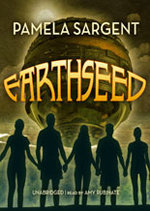



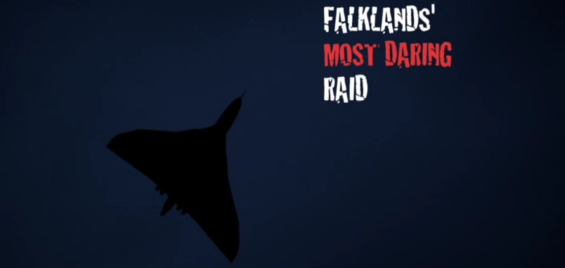
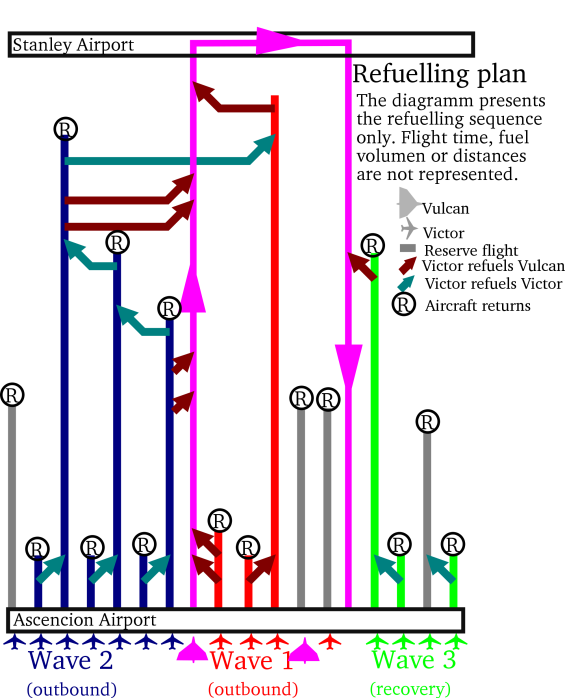
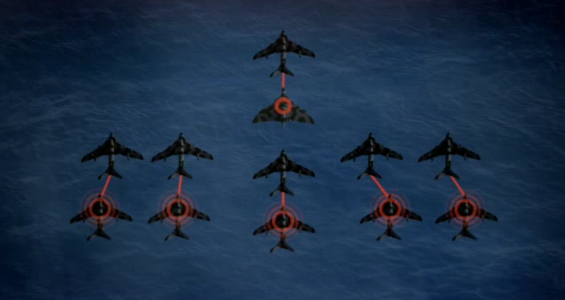


 The Voice In The Night
The Voice In The Night

